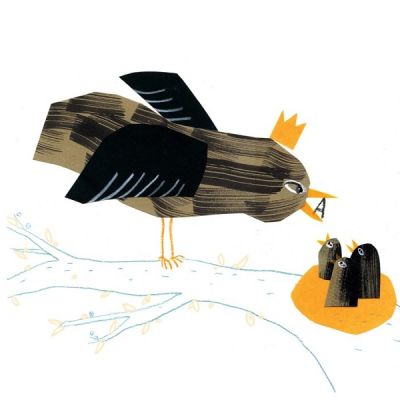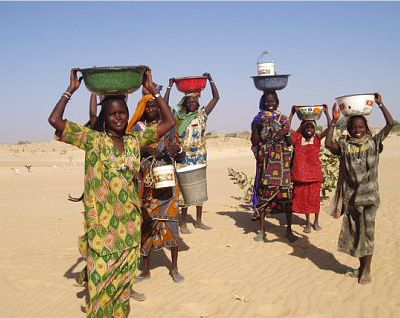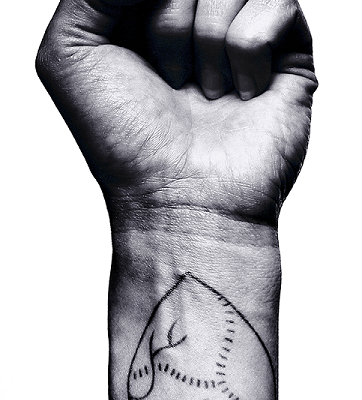Editorial
“The writer cannot be a mere storyteller; he cannot be a mere teacher; he cannot merely X-ray society’s weaknesses, its…
For as long as we can conceive of the existence of human civilisation, we can expect there to have been people’s movements. The term ‘people’s movements’ itself refers to the inexorable nature of the human being: things always change; they fall apart and come together in dynamic fluidity, and this uncontainable, organic spirit of constant flux is some of the joy of living.
How much do our parents teach us about ourselves? If science and psychology have proved that sexuality and sexual development grow and bloom in the course of our lives along with our other faculties, what role do our parents have in what we learn about sexuality? And, as parents, surely there’s so much we learn about sexuality, ourselves, and everything else from essaying the role? To parent is to learn how to teach what we already know, and to be able to receive more than a few surprise lessons ourselves.
“Does my sexiness upset you? Does it come as a surprise that I dance like I have diamonds at the…
Aspects of sexuality such as aesthetic taste, body image, sexual orientation, desires and aspirations, self-esteem, gender expression, reproductive choices, and more, are all interdependent with the impact of money in our lives and that of those around us. Indeed, our systemic relationship with money has a direct influence on how we ‘value’ ourselves.
Movement. Stillness. Travel. Free flow. Restrictions. Borders. Us and Them. Movement takes us closer to our destinations and sometimes forced…
Talking about migration would be talking about what happens with the crossing of boundaries. Boundaries of culture and climate, and boundaries of visibility, where a change in semantics can come to render what was invisible visible (an accent, perhaps a way of dressing, one’s values and ideas, the experience of being surveilled as an alien), while also allowing the migrant certain new freedoms to be invisible (anonymity where ‘nobody knows your name’, and certain kinds of agency one may not have enjoyed back home).
“Was I ever crazy? Maybe. Or maybe life is… Crazy isn’t being broken or swallowing a dark secret. It’s you…
Traditionally, marriage and sexuality have been bagged together and tinted with a bed-of-roses romance that has, over the last century or so, been unpacked and critiqued for propagating oppressive societal structures of gender, class, caste, and sexuality. Indeed, marriage isn’t just about two wedded souls matched in heaven, but about earthly ties that reach far beyond the couple it binds together. What happens when the roses are let out of the bag? This month’s issues of In Plainspeak on Marriage and Sexuality invite us to lean in and take a whiff.
The Love and Sexuality issues this month have a few more articles than usual, and it probably reflects on how every one of us has something to say on the matter. Our writers attempt to crawl out of the tunnel of ‘legitimate’ love and sexuality.
“There is no sexuality without knowledge.” -Slavoj Žižek, Agitating the Frame Philospher and cultural critic Slavoj Žižek writes and talks…
Is Law restrictive and limiting or can it be liberating and provide people a sense of agency when it comes…
“Humour is a rubber sword – it allows you to make a point without drawing blood.” Mary Hirsch, humourist Here’s…
On World AIDS Day, we published the first issue of this month’s In Plainspeak with the theme HIV and Sexuality. Global funding…
“Beauty should be edible, or not at all.” ― Salvador Dalí A Google search with the keywords “food sexuality India”…















